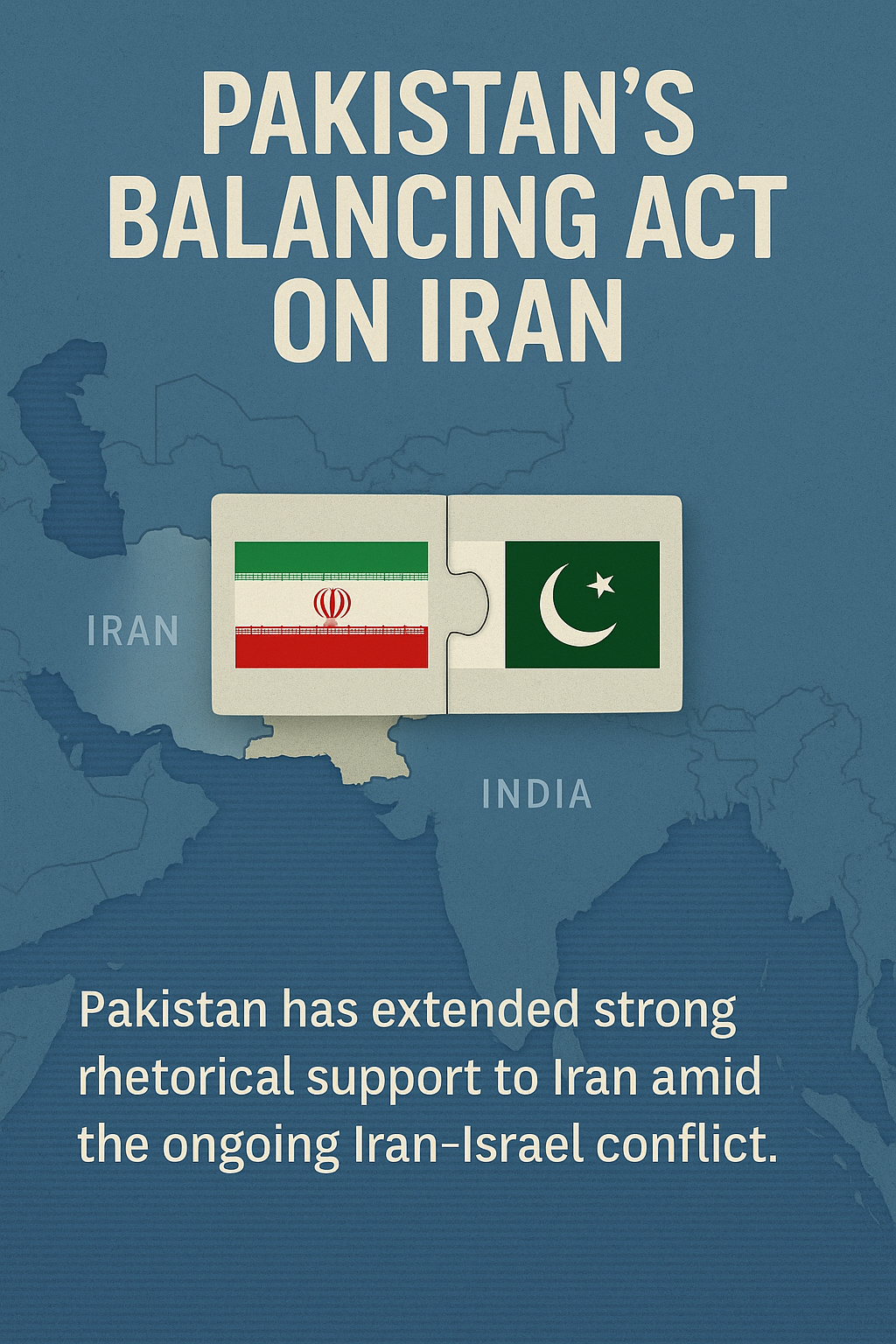245.
⚖️ Law & Society
🏛️ Supreme Court Clarifies: Maintenance and Conjugal Rights Are Legally Distinct
In a landmark decision, the Supreme Court of India has ruled that maintenance proceedings are independent of restitution of conjugal rights.
This means a wife cannot be denied maintenance solely because she refuses to return to her husband’s home under a court order.
📜 Understanding the Legal Provisions
🔹 Section 9 – Restitution of Conjugal Rights
- Part of the Hindu Marriage Act, 1955
- Allows a spouse to legally seek the return of the other to the marital home
- Aims to preserve marital unity and prevent separation
🔹 Maintenance
- Governed by Section 125 of the CrPC and personal laws
- Provides financial support for spouses, children, and parents unable to maintain themselves
- Based on need and fairness, not compliance with cohabitation
🧑⚖️ Recent Case Highlights
- Timeline:
- 2015: Wife left husband citing neglect
- 2018: Husband filed for restitution
- 2019: Wife sought maintenance
- 2022: Family Court ordered wife to return, but she didn’t
- Later in 2022: ₹10,000/month maintenance was granted
- High Court Ruling: Denied maintenance due to non-compliance
- Supreme Court Verdict:
- Overturned the Jharkhand High Court ruling
- Reinstated maintenance
- Emphasised maintenance is not contingent on conjugal compliance
⚖️ A spouse’s dignity and basic needs must not be made conditional upon obedience.
🔍 Legal Implications of the Ruling
- Establishes that marital abandonment or non-return does not equal forfeiture of maintenance rights
- Reinforces the idea that each legal proceeding must stand on its own merit
- Encourages courts to assess the individual circumstances before deciding on entitlements
🧩 Ongoing Debate Around Section 9
⚔️ Challenges:
- 1983: Andhra Pradesh High Court declared Section 9 unconstitutional
- 1984: Supreme Court reversed it, upholding the section as family-positive
- 2019: Public Interest Litigation (PIL) filed questioning:
- Violation of privacy
- Reinforcement of gender stereotypes
- Concerns of coercive reunion
📌 Government Stand:
- The Centre argues Section 9 is neutral and protective, not punitive
🧵 The thread between rights and relationships is delicate — it needs constitutional care, not force.
💬 Why This Ruling Matters
- Upholds financial autonomy and dignity of estranged spouses
- Marks a progressive interpretation of family law in light of privacy and consent
- Affirms that court orders on cohabitation should not override basic human rights
🕯️ In the courtroom of life, dignity deserves its own decree — not tied to return, but to fairness.















